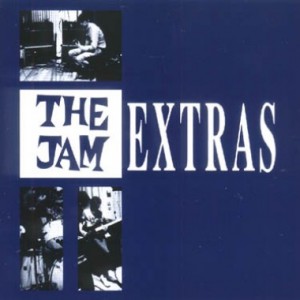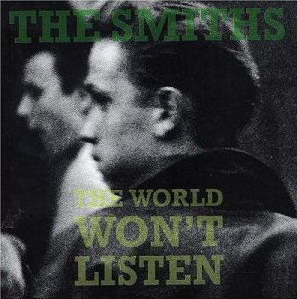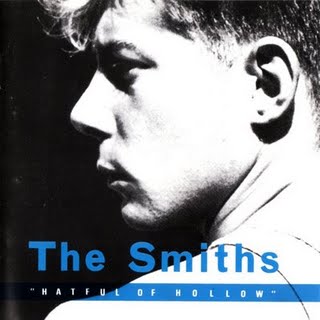
"Extras" Assembles Rare Songs & Takes From All Over The Jam's Relatively Brief Career.
Extras was a compilation of Jam b-sides, rare tracks and demos that was issued in 1992. The main value the compilation has always had is in portraying the development of Paul Weller as a composer, since cover versions that map out the way he shaped the sound of the trio as they went along are extensively provided. We have covers of The Beatles (“And You Bird Can Sing”), The Small Faces (the charged “Get Yourself Together”) and The Who (“Disguises” and “So Sad About Us”, the b-side to “Down In The Tube Station At Midnight” that paid tribute to the passing of Keith Moon) along with many R & B and soul covers like “Move On Up”, “I Got You (I Feel Good)” and “Fever” (which is fused with Paul’s own “Pity Poor Alfie”).
Some of the best original b-sides include “The Butterfly Collector” (a timeless take on the groupies and hangers on that have always littered the music scene), and the electric version of Foxton’s Smithers-Jones (a string quartet performs it on “Setting Sons“; the original version was the flipside to “When You Are Young”). There is also Weller’s own “Shopping” (a shuffly number that manages to marry the vision which led to the Style Council with the sound of The Jam) and the salient “Tales From The Riverbank”. That one has always been deemed as one of those “should have been an a-side” track by fans, critics and Weller himself. Its placement on the album is also very good, being situated right at the beginning with “The Dreams Of Children”.
There are also two unreleased Weller originals. They are “No One In The World” and “Hey Mister”. Both are performed by him unaccompanied – the former is played on guitar, and “Hey Mister” is played on piano. The songs have a disaffected outlook on life and politics respectively, and I think they would have made for interesting group performance. Continue reading


